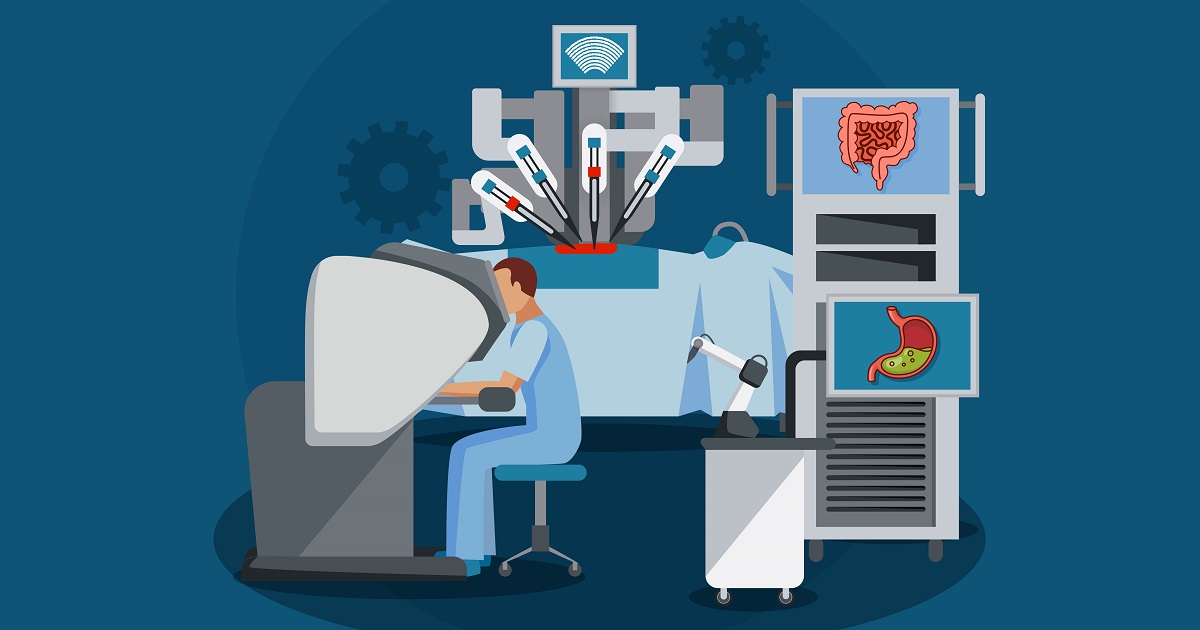Advances in Gastrointestinal Surgeries
A special issue of Medicina (ISSN 1648-9144). This special issue belongs to the section "Surgery".
Deadline for manuscript submissions: 31 January 2026 | Viewed by 1226

Special Issue Editors
Interests: oncologic surgery; minimal invasive surgery; general surgery; laparoscopic surgery
Interests: general surgery; laparoscopy, minimally invasive surgery; colorectal cancer; colorectal anatomy; general surgery
Special Issues, Collections and Topics in MDPI journals
Special Issue Information
Dear Colleagues,
Gastrointestinal surgery is seeing continuous growth due to advances in minimally invasive surgery, such as robotic, laparoscopic, and endoscopic techniques, which offer key advantages over open surgery. Moreover, image-guided surgery with the adjunct use of artificial intelligence has seen significant advancements in recent years.
The aim of this Special Issue is to showcase novel GI surgery techniques centered on maximizing benefits for the patient in every way possible.
High-impact research is vital in discovering new methods for treating patients and addressing areas that have previous not received sufficient attention or interest and for which we still lack clear solutions.
Authors are welcome to submit original articles, reports on novel treatment strategies and advances in decision-making, clinical outcome studies, comparative studies, narrative reviews, scoping reviews, and systematic reviews and meta-analyses that will fuel innovation and offer hope for patients.
Dr. Matei Bratu
Dr. Bogdan Diaconescu
Guest Editors
Dr. Florin Iordache
Guest Editor Assistant
Manuscript Submission Information
Manuscripts should be submitted online at www.mdpi.com by registering and logging in to this website. Once you are registered, click here to go to the submission form. Manuscripts can be submitted until the deadline. All submissions that pass pre-check are peer-reviewed. Accepted papers will be published continuously in the journal (as soon as accepted) and will be listed together on the special issue website. Research articles, review articles as well as short communications are invited. For planned papers, a title and short abstract (about 100 words) can be sent to the Editorial Office for announcement on this website.
Submitted manuscripts should not have been published previously, nor be under consideration for publication elsewhere (except conference proceedings papers). All manuscripts are thoroughly refereed through a single-blind peer-review process. A guide for authors and other relevant information for submission of manuscripts is available on the Instructions for Authors page. Medicina is an international peer-reviewed open access monthly journal published by MDPI.
Please visit the Instructions for Authors page before submitting a manuscript. The Article Processing Charge (APC) for publication in this open access journal is 2200 CHF (Swiss Francs). Submitted papers should be well formatted and use good English. Authors may use MDPI's English editing service prior to publication or during author revisions.
Keywords
- minimal invasive surgery
- oncologic surgery
- endoscopic surgery
- rare cases
Benefits of Publishing in a Special Issue
- Ease of navigation: Grouping papers by topic helps scholars navigate broad scope journals more efficiently.
- Greater discoverability: Special Issues support the reach and impact of scientific research. Articles in Special Issues are more discoverable and cited more frequently.
- Expansion of research network: Special Issues facilitate connections among authors, fostering scientific collaborations.
- External promotion: Articles in Special Issues are often promoted through the journal's social media, increasing their visibility.
- Reprint: MDPI Books provides the opportunity to republish successful Special Issues in book format, both online and in print.
Further information on MDPI's Special Issue policies can be found here.






